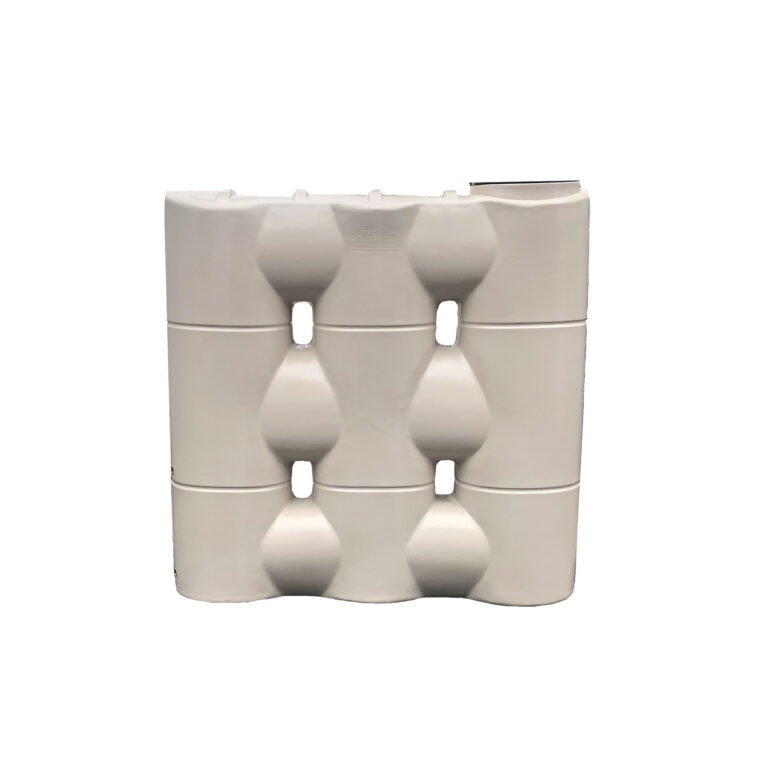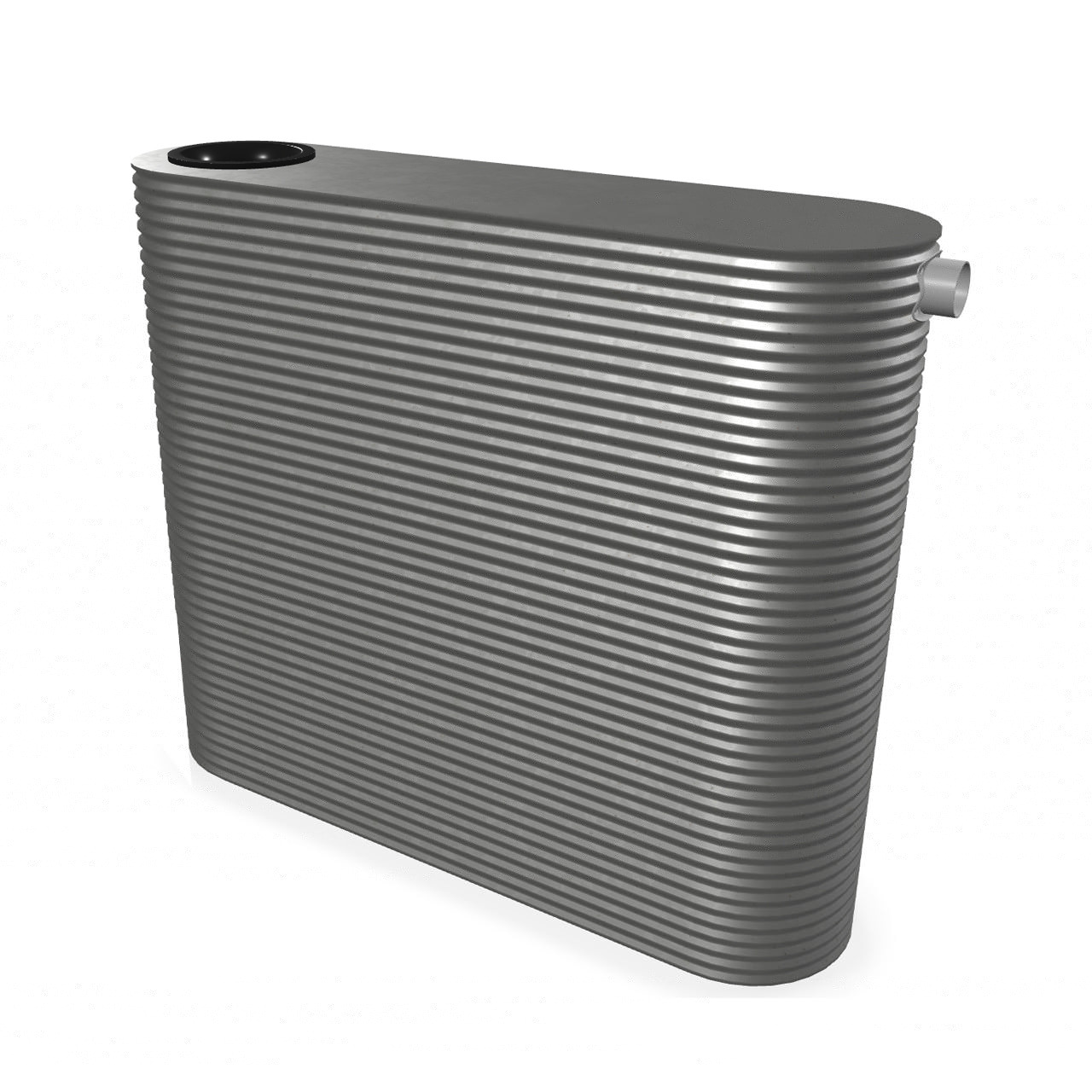Revealing the Conveniences of Rain Containers in Minimizing Water Costs and Ecological Influence
In a world where sustainability and cost-efficiency are progressively vital, the utilization of rain tanks provides a functional and environmentally aware service. The benefits of including rain tanks right into property or industrial homes prolong past plain water expense reductions. By discovering the multifaceted advantages of such systems, one can reveal a wide range of understandings right into just how they add to a more lasting future while positively influencing both financial resources and the environment.
Expense Financial Savings With Rainwater Tanks
When taking into consideration the implementation of rainwater tanks, significant price financial savings can be attained through reliable water management methods. Rain collecting provides a lasting service that not just decreases water expenses however also minimizes the stress on municipal water resources. By catching and saving rain for numerous non-potable uses such as watering, toilet flushing, and laundry, households and businesses can dramatically decrease their reliance on treated water from the grid, causing significant price savings with time.
By using collected rain for tasks that do not need safe and clean water, such as sprinkling gardens or washing cars, people can reduce their total water usage from the mains supply, resulting in decreased water expenses. Additionally, rain storage tanks can help mitigate the effect of water limitations or droughts by providing an alternative water source for important jobs, making sure continuity in water supply without incurring excessive expenses.

Ecological Influence Decrease
Carrying out rain containers not only results in expense financial savings but also contributes considerably to decreasing the ecological impact connected with water intake. By recording rain that would certainly otherwise escape into storm drains pipes, rain containers aid alleviate stress on standard water sources like rivers and storage tanks. This minimized need for municipally treated water results in energy cost savings and a decrease in the carbon footprint related to water therapy and circulation processes.
Additionally, making use of rainwater for activities such as horticulture, watering, and cleaning decreases the requirement for utilizing cured water for non-potable functions. This conservation of potable water helps in maintaining water resources for important usages and decreases the energy-intensive processes entailed in treating water to satisfy alcohol consumption criteria.

Water Bill Decrease Perks
The installation of rain storage tanks offers considerable economic advantages with decreases in water costs. By collecting and saving rainwater for various home uses, such as watering gardens, flushing bathrooms, or doing washing, property owners can significantly lower their reliance on the local water system. This, consequently, leads to an more helpful hints obvious decline in water usage from conventional sources, resulting in lower water bills at the end of each payment cycle.
Rain is a cost-free and lasting source that can supplement and even replace the requirement for utilizing cured water for non-potable functions. Consequently, homes with rainwater storage tanks can see a significant decline in their total water expenses over time. Furthermore, during durations of water limitations or dry spell, having a rain storage tank can supply a useful alternative water resource, additional minimizing the reliance on pricey local water materials.
Essentially, buying a rainwater storage tank not just contributes to ecological conservation but also provides tangible monetary benefits by reducing water expenses and advertising long-lasting price savings for house owners.
Sustainable Water Administration Solutions
Offered the monetary advantages and decreased reliance on municipal water supplies that rainwater containers give, exploring sustainable water management solutions ends up being a rational next step for home owners seeking to enhance their water use. Lasting water management includes executing techniques that successfully and sensibly use water resources while lessening wastage and ecological impact. Rainwater harvesting, which entails gathering and keeping rainwater for later usage, is a vital element of sustainable water monitoring. By making use of find here rainwater storage tanks to catch and store rainwater, homeowners can reduce their dependancy on typical water resources, such as local products or groundwater, therefore adding to water conservation efforts.

Along with rainwater harvesting, sustainable water monitoring solutions might consist of implementing water-efficient appliances, fixtures, and landscaping methods - Slimline water tanks. Setting up low-flow bathrooms, showerheads, and taps can dramatically lower water usage within households. Moreover, including drought-resistant plants and utilizing smart watering systems can assist minimize water usage for exterior landscaping. By embracing these sustainable water management approaches, home owners can not just optimize their water use however likewise add to environmental preservation and decrease their water costs over time.
Neighborhood Water Resource Conservation

Moreover, community participation can include the implementation of water-saving modern technologies and practices on a larger scale. Encouraging the adoption of rainwater containers, greywater recycling systems, and effective watering approaches within neighborhoods can result in considerable decreases in water usage. Additionally, cultivating a sense of cumulative duty for water preservation can promote sustainable habits and practices amongst neighborhood members.
Moreover, neighborhood water resource conservation efforts can lead the way for more powerful bonds amongst locals and a common commitment to environmental stewardship. By collaborating to secure and maintain water sources, neighborhoods can contribute significantly to a much more sustainable and durable future.
Conclusion
Finally, rainwater storage tanks supply substantial price savings, environmental benefits, and add to sustainable water administration services. By minimizing water costs, conserving water sources, and reducing ecological effect, rain storage tanks play an important function in promoting water conservation and sustainability - Slimline water tanks. Their application not just benefits individual homes but likewise contributes to the broader objective of neighborhood water source administration and preservation